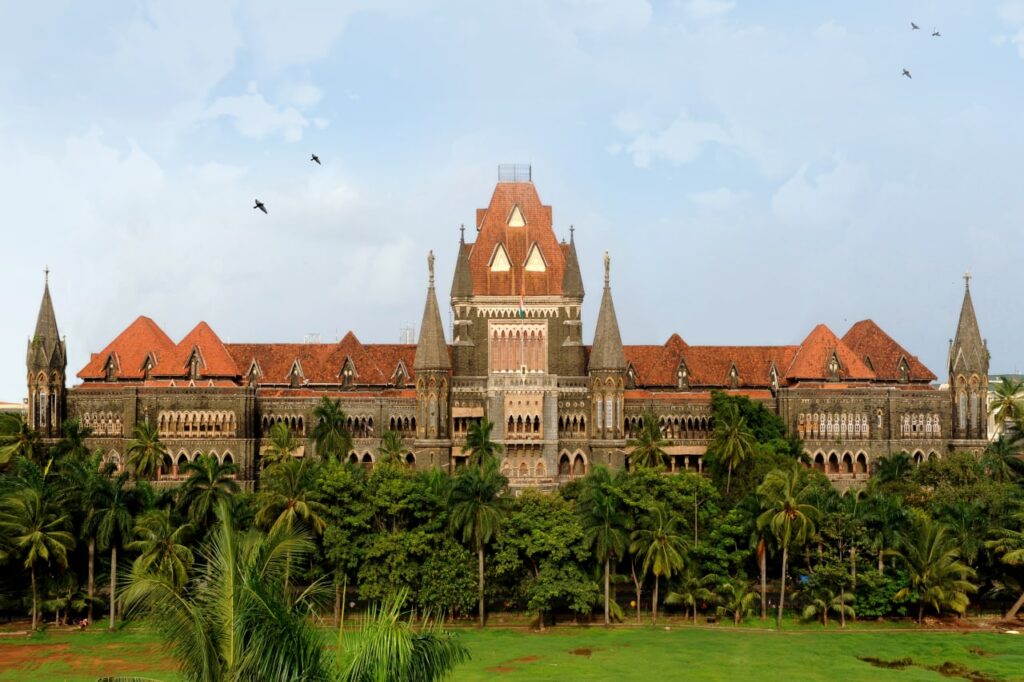Bombay High Court clears Assistant Public Prosecutor and law clerk in a bribery case that is 22 years old.

The Aurangabad bench of the Bombay High Court has cleared the name of an Assistant Public Prosecutor (APP) posthumously, who was accused of taking bribes to speed up legal cases [Nasibkhan Gulabkhan Pathan v State of Maharashtra]. The court also exonerated a law clerk involved in the 22-year-old bribery case. Justice Abhay S Waghwase noted that there was no credible evidence against them. The court emphasized the importance of a fair trial, stating, “The prosecution case is not free from doubt.”
The case began in 2002 when a complainant, hoping for a favorable result in a criminal matter at the Judicial Magistrate First Class in Kallam, alleged that APP Nasibkhan Gulabkhan Pathan demanded a bribe of ₹1,000. The complainant claimed that Pathan insisted on this payment to ensure proper presentation of the case in court. After the complaint, the Anti-Corruption Bureau (ACB) conducted a sting operation, leading to the arrest of Pathan and his law clerk, Balasaheb Gunvantrao Yadav. Both were convicted on September 29, 2005, under the Prevention of Corruption Act, but Pathan died before the appeal could be heard.
The trial court’s conviction relied mainly on the complainant’s testimony and that of a shadow witness who claimed to have witnessed the bribe demand. However, the complainant later retracted his statement, saying the allegations were false and that he had been pressured into making the complaint. This retraction raised serious doubts about the prosecution’s case. Despite this, the trial court maintained the conviction, leading Pathan’s heirs and Yadav to appeal to the Bombay High Court, arguing that the evidence against them was not credible. The defense highlighted that the complainant’s retraction made his testimony unreliable and pointed out inconsistencies in his account.
They raised doubts about the reliability of the shadow witness, who was not there when the bribe was supposedly asked for and whose statements were inconsistent. The defense also claimed that the prosecution’s approval was not valid because the authority that issued it was not in charge of the case at that time. The Court pointed out that the prosecution did not prove its case beyond a reasonable doubt.
It noted that the complainant’s retraction, along with the questionable testimony of the shadow witness, cast significant doubt on the claims. The High Court stated, “The trial court has relied solely on the evidence of PW2 shadow pancha and some responses from the complainant during cross-examination by the prosecutor to conclude that the case is proven beyond a reasonable doubt. It seems the defense arguments and the testimonies of defense witnesses were overlooked while accepting the prosecution’s claims. Thus, there is a reason to challenge the trial judge’s findings.” The Court remarked that the shadow pancha’s evidence was not enough to support a conviction, especially since the main witness had become uncooperative. The judge also criticized how the prosecution managed the case, noting that the evidence quality was poor and the sanction was granted in a ‘mechanical’ way, raising serious doubts about its legitimacy.
Consequently, the court overturned the convictions of both Pathan and Yadav under the Prevention of Corruption Act. Advocates Mayur Salunke and VD Salunke represented the heirs of Nasibkhan Gulabkhan Pathan, while Advocate SS Panale represented the law clerk, Balasaheb Gunvantrao Yadav. Additional Public Prosecutor Ashlesha S Deshmukh represented the State.








